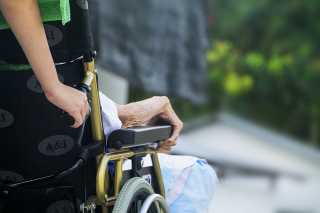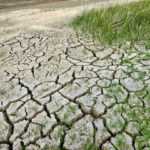
The Carroll County Times of Westminster MD recently reported, in an article titled “Know the signs of elder abuse and report it if necessary,” that the World Health Organization (WHO) has adopted the following definition of elder abuse:
Elder abuse (also called "elder mistreatment," "senior abuse," "abuse in later life," "abuse of older adults," "abuse of older women," and "abuse of older men") is "a single, or repeated act, or lack of appropriate action, occurring within any relationship where there is an expectation of trust, which causes harm or distress to an older person.

- Physical abuse;
- Emotional abuse;
- Neglect;
- Isolation;
- Financial or material exploitation;
- Abandonment;
- Sexual abuse; and
- Self-neglect.
These types of abuse and exploitation are frequently committed by spouses, family members and formal caregivers in the home or in assisted living housing or nursing homes, as well as strangers who prey on the aging population.
Elder abuse can be noticed by neighbors, family members, friends and others, but is either denied or ignored because people don't want to get involved or butt in. However, everyone should pay attention to the warning signs. Report suspicious activity to law enforcement.
If you have any questions about elder law, we can help. Just filled out this simple form and let us know what you need and we'll be in touch to support you!
Jeffrey Bellomo
Reference: Carroll County Times (Westminster MD) (July 14, 2017) “Know the signs of elder abuse and report it if necessary”


